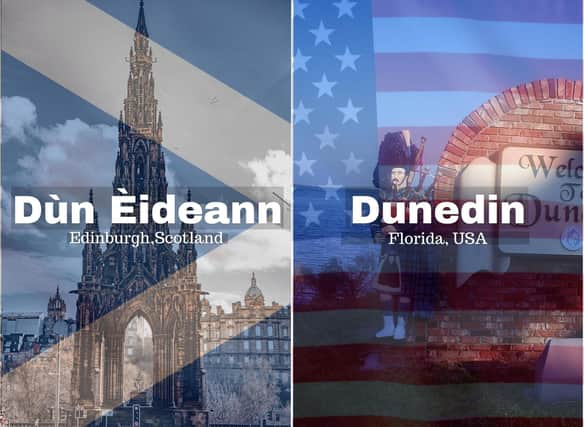Maps are observed through an anglicised lens nowadays, but the influence of native languages can still be felt. For example, anyone who has visited Scotland will know that Scottish place names can be difficult to pronounce which is partly due to our lingual heritage of Old Norse, Pictish and Scottish Gaelic influencing the composition of words.
The capital of the Scottish Highlands, Inverness, is rooted in the Gaelic ‘Inbhir Nis’ (mouth of the River Ness) and this place name can be found across the USA too. Just as similar folklore appears over different cultures, similar words from different languages are linked to modern terms, thus the etymology is often debated.
That said, here are 13 place names in the USA linked to Scottish Gaelic and where you can find them.
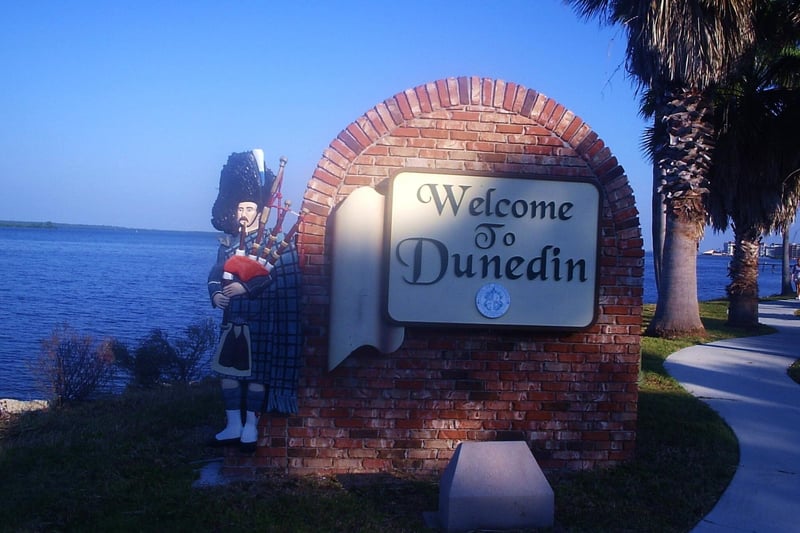
1. Dunedin (Florida)
Dunedin is a city known for its attractive beaches and pine forests, it can be found on Florida’s Gulf Coast. It may better be known as Edinburgh, however, as the Scottish Gaelic root of its name ‘Dunedin’ comes from ‘Dùn Èideann’ which is the Gaelic translation of Scotland’s capital city. Despite varying theories, it is widely accepted that this means Fort Eidyn. Photo: via WikiCommons
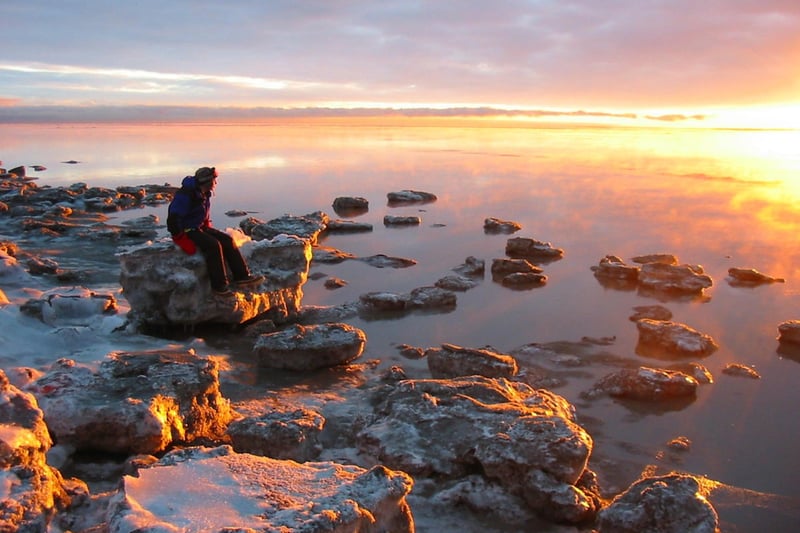
2. Kincaid Park (Alaska)
Resting on the site of a former Cold War missile base, Kincaid Park is a wilderness-like park located in Anchorage, Alaska. Kincaid is a Scottish clan that originates from Stirlingshire in eastern Scotland. The name has been connected to the Scottish Gaelic ‘ceann cadha’ which refers to a steep place or ‘head of the rock’. Others suspect it may be derived from ‘ceann catha’ which translates to ‘head of the battlefield’. Photo: paxson_woelber on Flickr
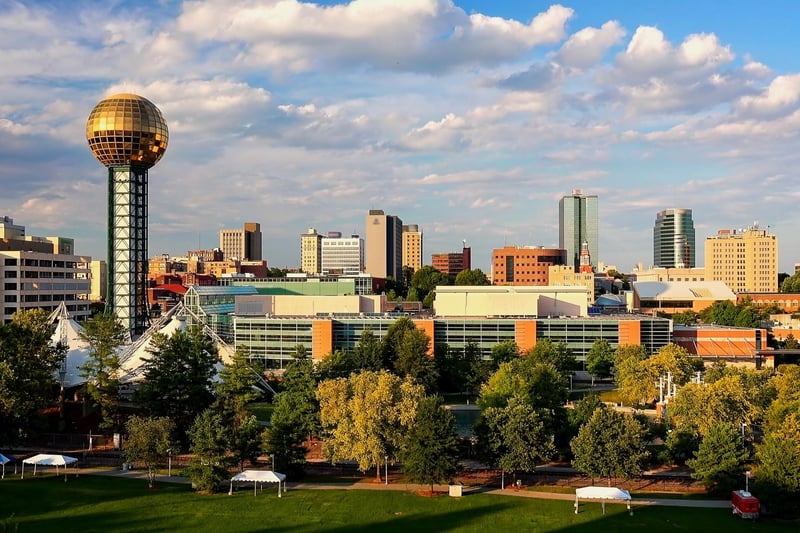
3. Knoxville (Tennessee)
The City of Knoxville government reports that the city was incorporated in 1815 when it was named after Henry Knox, President Washington’s War Secretary. Knox itself is an old Scottish surname and it is linked to the Gaelic word ‘cnoc’ which means a ‘small hill’. Photo: CrackerClips Stock Media via Canva Pro
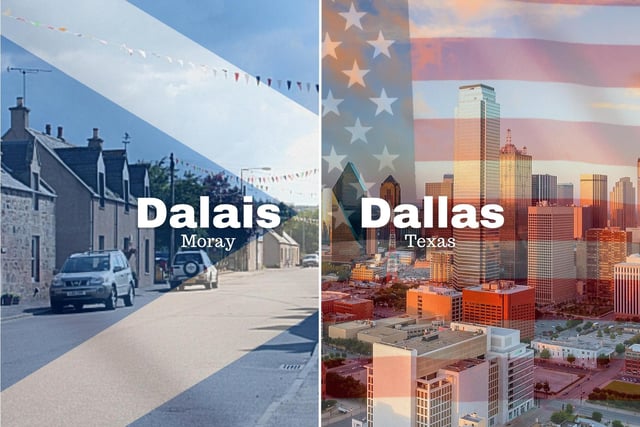
4. Dallas (Texas)
Dallas City Hall suggests the city was named so as the founder of the town, John Neely Bryan, was honouring his friend who was called Dallas. Many don’t know, however, that ‘Dallas’ is the name of a village in Moray, a shire of the Scottish Highlands. Its name in Gaelic ‘Dalais’ is said to mean ‘meadow dwelling’ although other translations exist like ‘valley of water’ which factor in ‘uis’ coming from the Gaelic word for water (uisge) and ‘dalr’ meaning valley in Old Norse. Photo: via Wikimedia Commons and Canva Pro
